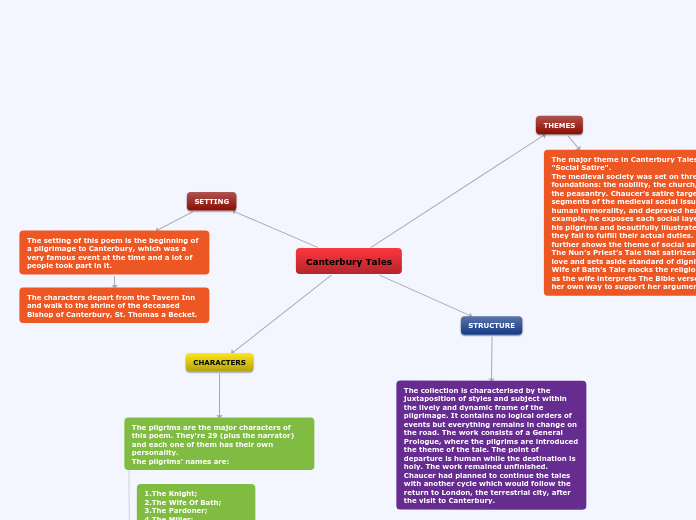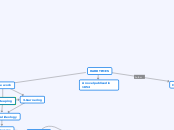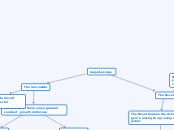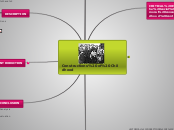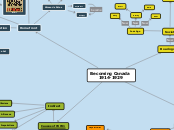par mindomo mindomo Il y a 5 années
3766
Canterbury Tales
Geoffrey Chaucer's Canterbury Tales is a collection of stories told by a diverse group of 29 pilgrims, plus the narrator, each with unique personalities. As these characters embark on a pilgrimage to the shrine of St.
